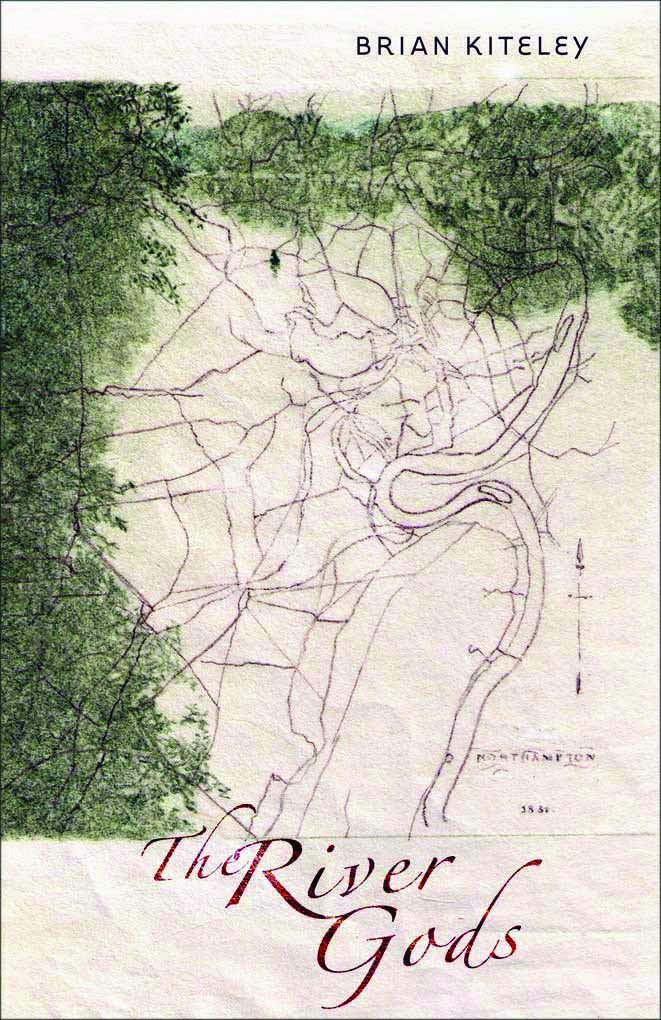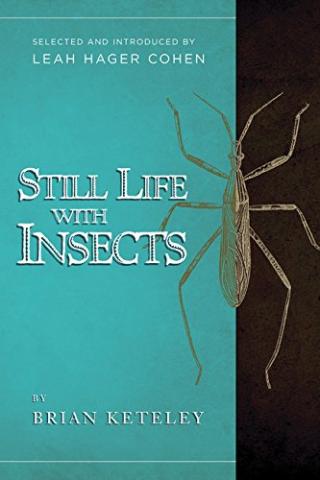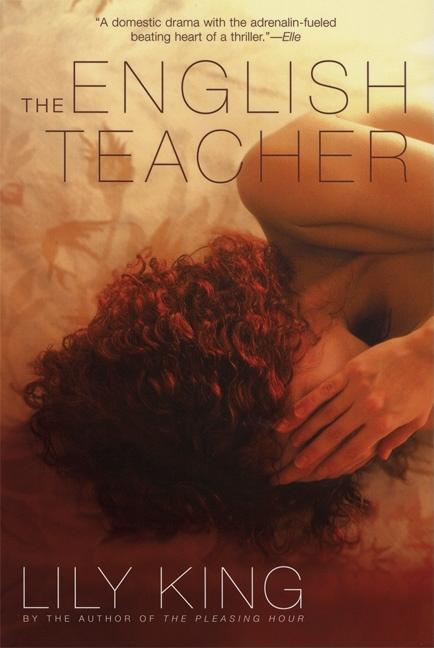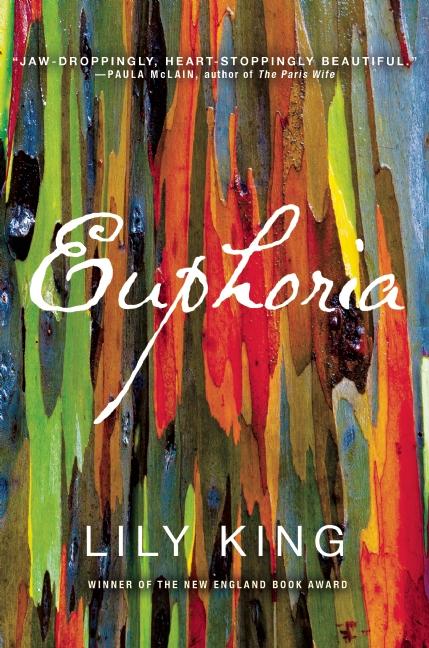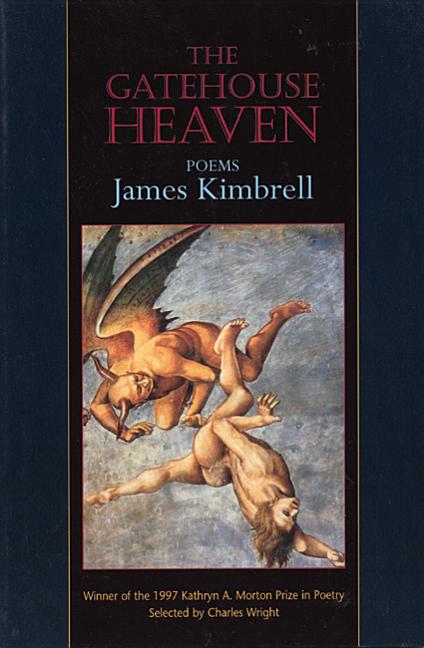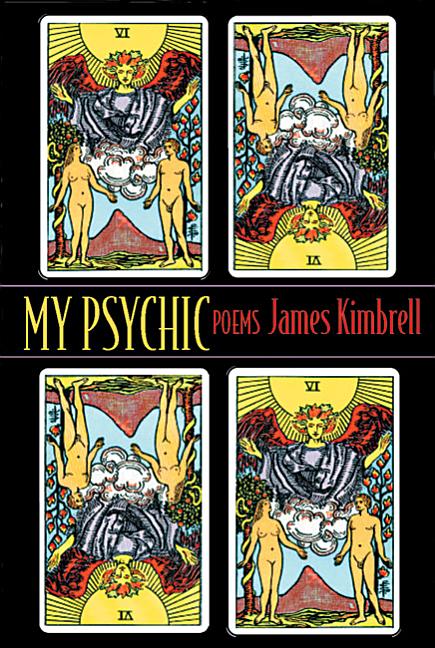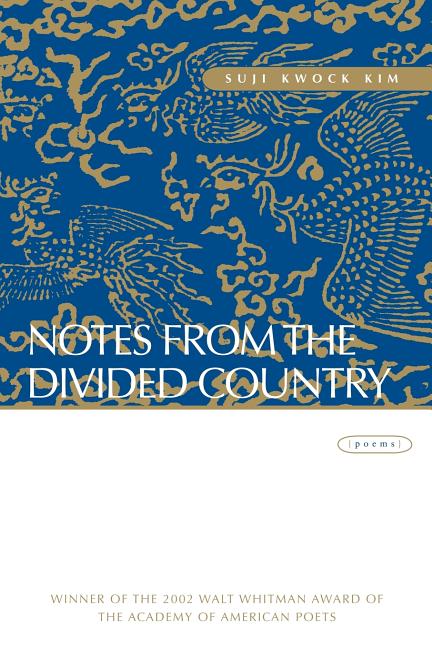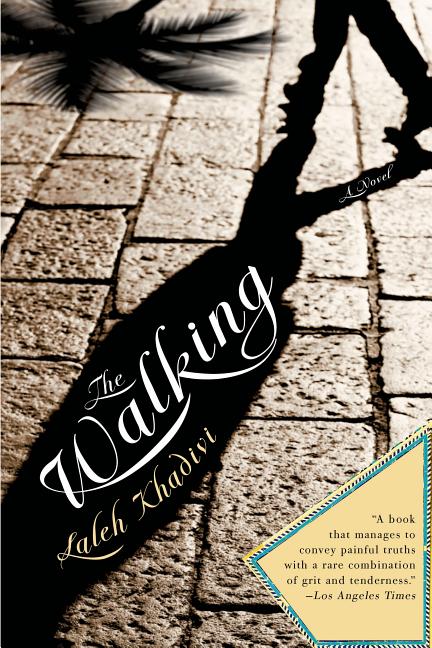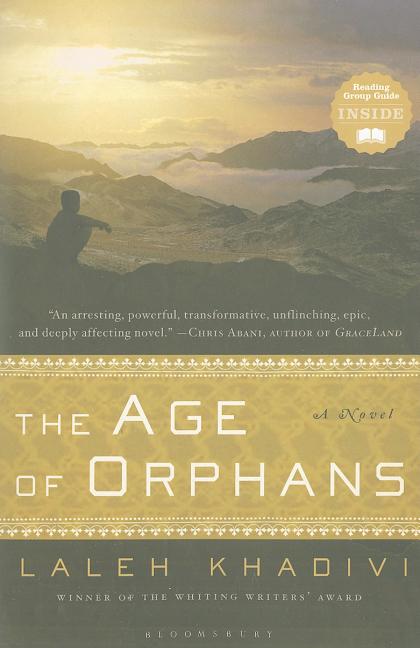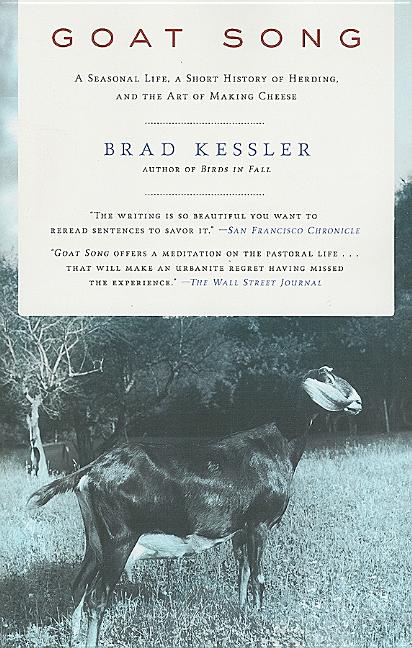The River Gods is a novel in fragments, a mix of fact and fiction, in which various inhabitants of the area around what is now Northampton, Massachusetts, from the eleventh century through the 1990s, speak of their lives and of the community, a place haunted by the pervasive melancholy of extinguished desire. Each of the voices—including a character named Brian Kiteley and his family, the original Native American inhabitants, the actor Richard Burton, Sojourner Truth, Richard Nixon, Ludwig Wittgenstein, Jonathan Edwards, and many nameless others—ruminate on a past that is startlingly present and tangible. The main character, though, is the world of Northampton, irrevocably woven into the fabric of Western history, yet still grounded by the everyday concerns of health, money, food, love, and family. It is a novel of voices, the living and the dead, that illuminate the passage of time.
